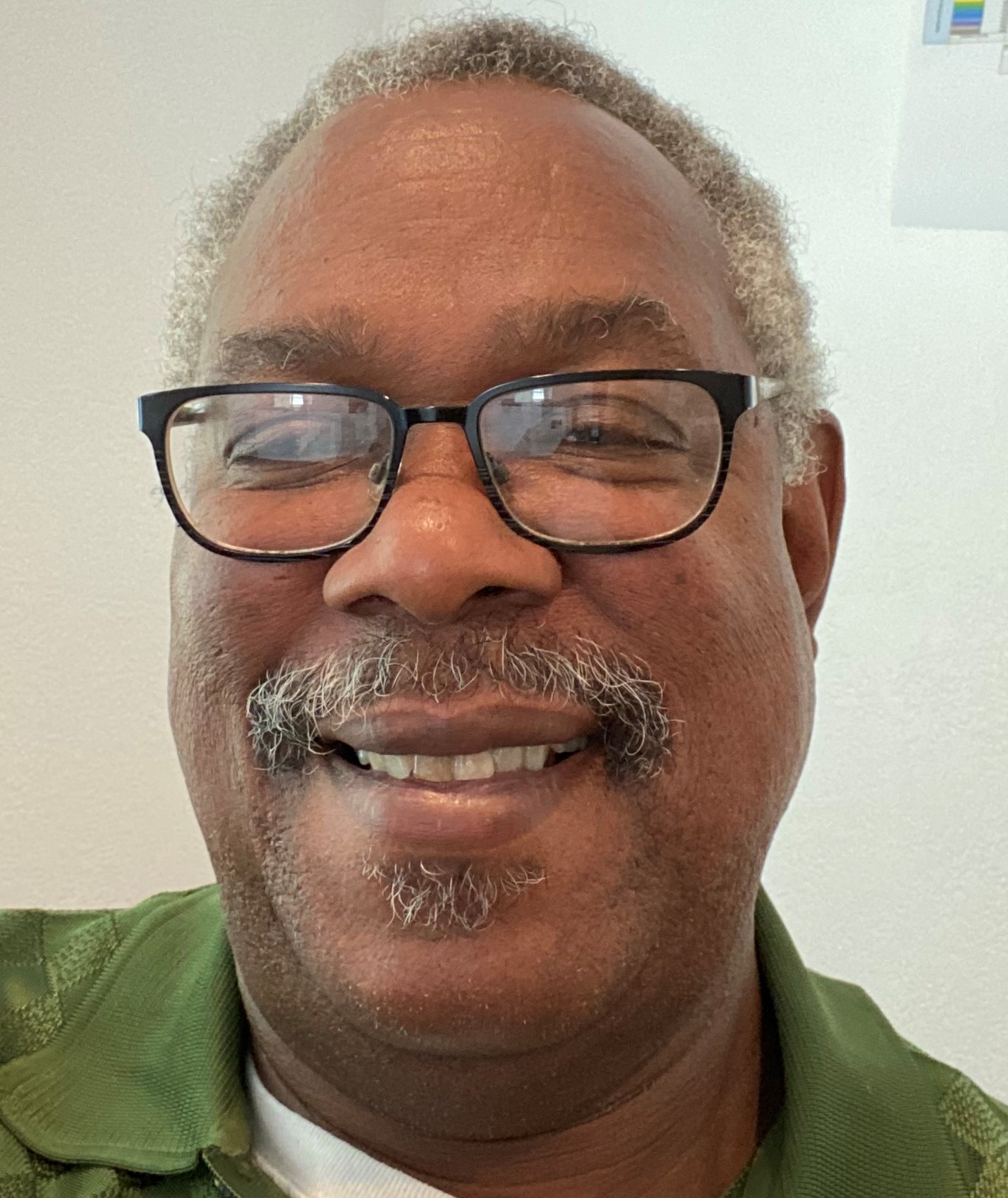
Irrespective of gender, race, or culture, young people have unlimited opportunities in clean water and other ‘green’ professions.
“They only need to knock and doors will open,” says Mark Harris, operations superintendent at the Town of Hillsborough.
“I know that because I’ve lived it,” he adds about his 32 years in the field–from apprentice to journeyman to managerial positions in maintenance and operations with the City of San Francisco, to superintendent of operations at Pacifica and now the lead position at Hillsborough.
“It’s been a great journey,” he says. “I’m never bored. It’s great to be part of the environmental fabric. You feel good at the end of the day, and there’s no greater joy than that.”
Translating those opportunities and rewards to the younger generation challenges our profession, and Harris has strong feelings about the task.
He says that while environmental work has as big an impact as organizations like Google, it’s not as well known.
“We’re on a par with those groups,” he says, “but we don’t have the same iconic status.”
The environmental field needs to communicate that we’re making an impact on the environment, and creating a safe space for our communities, Harris believes. “We have to sell them on the fact that these are well-paying careers and there’s lots of depth in what you can do. You can be an engineer, a chemist, a biologist, a programmer–all under the green umbrella of water, soil, clean air, distribution, wastewater. These are backbone careers that support the environmental initiative.”
As for diversity, Harris believes the clean water profession has become extremely diverse. “To be honest, I don’t even think about it anymore,” he says. “No matter your color or where you came from, the opportunities are there,” he says. “Science is always an even playing field. The rules don’t change.”
If you have an open mind, are not easily discouraged, and have a strong work ethic, you can be successful, Harris believes.